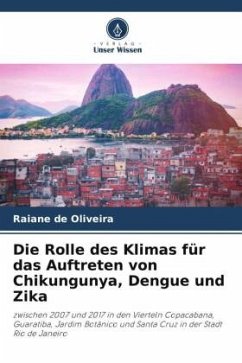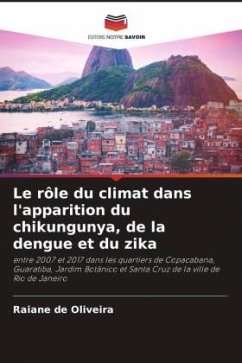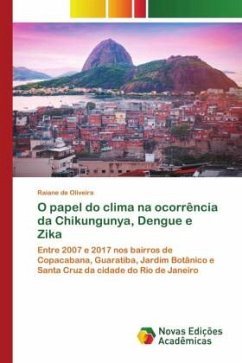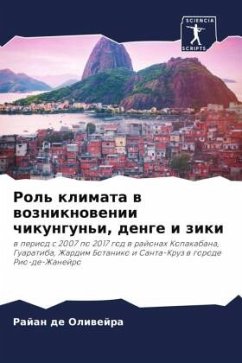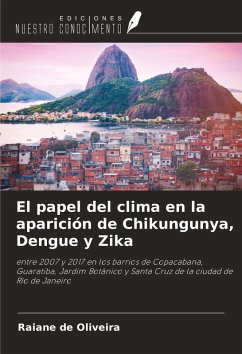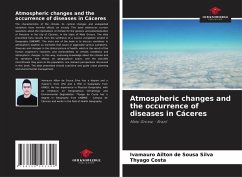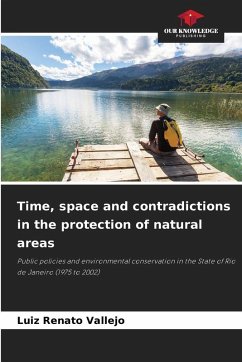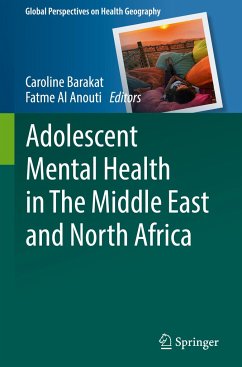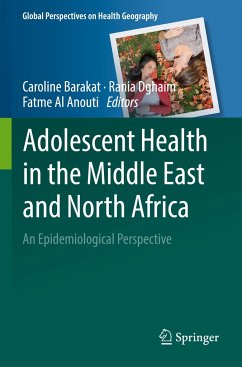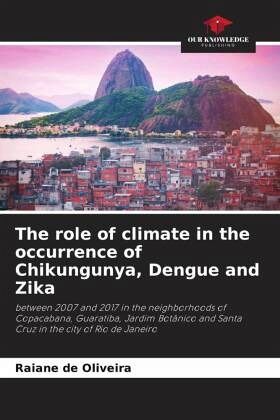
The role of climate in the occurrence of Chikungunya, Dengue and Zika
between 2007 and 2017 in the neighborhoods of Copacabana, Guaratiba, Jardim Botânico and Santa Cruz in the city of Rio de Janeiro
Versandkostenfrei!
Versandfertig in 6-10 Tagen
53,99 €
inkl. MwSt.

PAYBACK Punkte
27 °P sammeln!
The issue of arboviruses, in particular the Zika virus, gained prominence in 2016 in Brazil and around the world, when it was discovered that children born with microcephaly had been infected by their mothers, who in turn had been contaminated by the Zika virus during pregnancy. Based on this scenario, the World Health Organization declared a National Health Emergency for Brazil and a Health Emergency of International Concern. In light of this scenario, this study aims to analyze the correlation between the number of cases of people infected with arboviruses and temperature and rainfall data i...
The issue of arboviruses, in particular the Zika virus, gained prominence in 2016 in Brazil and around the world, when it was discovered that children born with microcephaly had been infected by their mothers, who in turn had been contaminated by the Zika virus during pregnancy. Based on this scenario, the World Health Organization declared a National Health Emergency for Brazil and a Health Emergency of International Concern. In light of this scenario, this study aims to analyze the correlation between the number of cases of people infected with arboviruses and temperature and rainfall data in the neighborhoods of Copacabana, Guaratiba, Jardim Botânico and Santa Cruz, located in the city of Rio de Janeiro, between 2007 and 2017. Based on these studies, the most vulnerable locations were identified in order to investigate, through the number of confirmed cases, whether or not there is a correlation between vulnerable locations and the presence of rain and heat. The results show that there was a strong correlation between the increase in temperature and the number of infected people living in places with a high degree of socio-environmental vulnerability.



